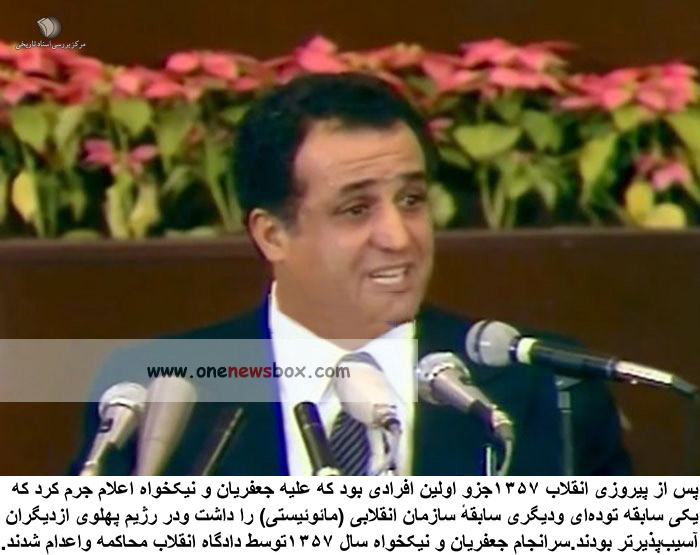Simultaneously, Jafarian rose within the ranks of the Rastakhiz Party, the single-party system declared by the Shah in 1975. In this capacity, he served as the Deputy Secretary General of the party. The Rastakhiz (Resurgence) Party, although declared as a unifying platform for all Iranians, was in practice a mechanism to enforce ideological loyalty and eliminate political dissent. Membership became virtually mandatory for anyone seeking advancement in professional or political life, and opposition to the party was tantamount to opposing the Shah himself.
Allegations of Involvement with SAVAK
One of the most controversial aspects of Mahmoud Jafarian’s legacy is his alleged connection to SAVAK, the Shah’s feared intelligence agency. In a revealing interview archived in the Harvard Iranian Oral History Project, Manouchehr Hashemi, a high-ranking official in SAVAK, stated that Jafarian had been his employee for ten years. This statement, while lacking further substantiation, has been interpreted by some to mean that Jafarian worked closely with SAVAK or was perhaps directly involved in surveillance, censorship, or psychological operations conducted through media.
SAVAK (Sazeman-e Ettela’at va Amniyat-e Keshvar) had a notorious reputation for suppressing dissent through torture, illegal detentions, and strict censorship. If Jafarian truly served within or alongside this agency, it would lend weight to the accusations levied against him following the revolution. It would also suggest that his work in national broadcasting was not merely administrative but strategically intertwined with intelligence efforts to control and monitor Iranian society.

